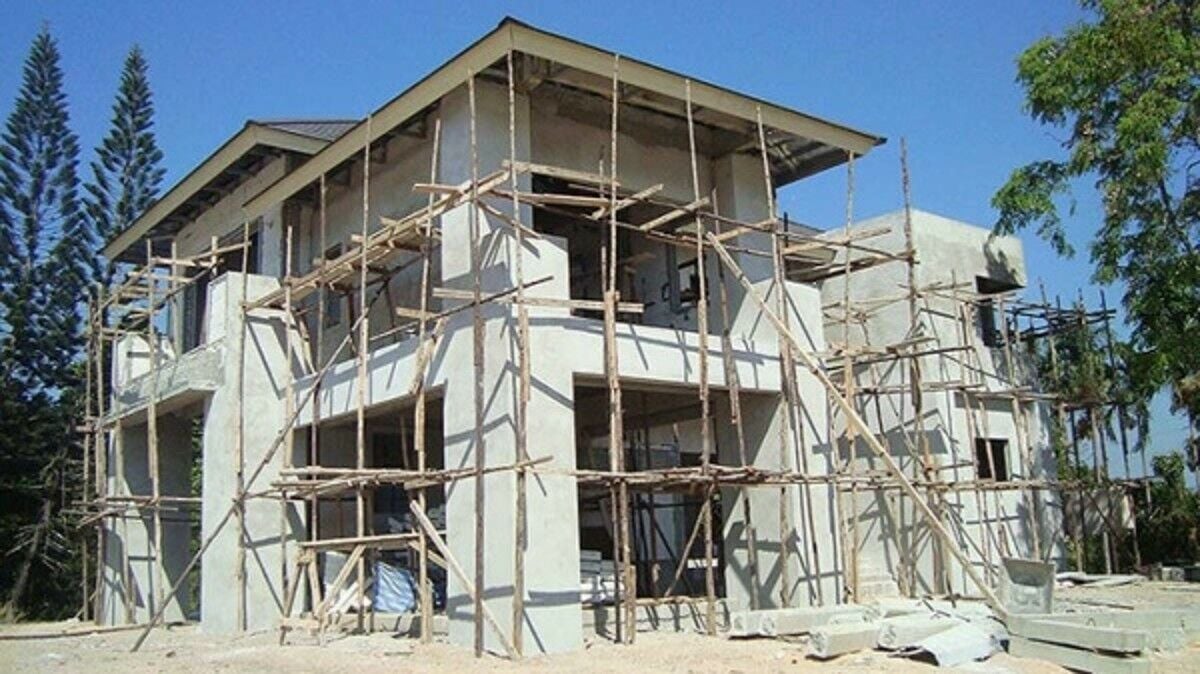Thai household debt hits 13.6 trillion baht as bad loans rise

Thai household debt has surged to alarming levels, reaching 13.6 trillion baht, with non-performing loans (NPLs) climbing to 1.2 trillion baht. The National Credit Bureau reports a consistent rise in bad debts across housing, automotive, and credit card sectors.
Data from the end of July indicates that household debt in Thailand reached a staggering 13.6 trillion baht. This figure is derived from the statistical database of the National Credit Bureau. Notably, non-performing loans (NPLs) have shown a worrying upward trend.
From June to July, NPLs increased from 1.16 trillion baht to 1.19 trillion baht, accounting for 8.7% of the total debt. This represents a 2.8% rise compared to June, with expectations that it will soon hit 1.2 trillion baht.
In July, the three primary categories of bad debt included housing loans, automotive loans, and credit card debt. Housing loan NPLs reached 228 billion baht, a 4.5% increase. Automotive loan NPLs amounted to nearly 263 billion baht, up by 3.3%. Credit card debt NPLs stood at 69 billion baht, marking a 2% rise compared to the previous month.
Surapol Opasatien, General Manager of the National Credit Bureau stated that the trend of bad debts continues to be a significant concern.
“The data highlights the persistent financial strain on Thai households.”
SM loans
The situation with Special Mention (SM) loans, which are debts overdue by 31 to 90 days and at risk of becoming bad debts, also presents a troubling picture. In June, SM loans had significantly dropped from the previous quarter to 500 billion baht. However, by July, this figure had surged to 670 billion baht, an increase of 170 billion baht.
Breaking down the SM loans, housing loans showed a significant rise. From 143 billion baht in June, they increased to 169 billion baht in July, representing an 18% growth. Personal loans saw an even more dramatic surge, climbing from 85 billion baht to 113 billion baht, a 33% increase.
Business loans, particularly those taken by individuals or small-scale borrowers, jumped from 26 billion baht to 44 billion baht, a striking 69% growth.
“The rapid increase in SM loans is indicative of the financial pressures faced by many Thai households. Borrowers need to manage their debts carefully to prevent further escalation into bad debts.”
In contrast, automotive loans and credit card debts remained relatively stable or showed a decrease. This stability in some sectors does not offset the overall rising trend of household debt, which remains a pressing issue for the Thai economy, reported KhaoSod.
Surapol emphasised the importance of proactive measures to mitigate the growing debt crisis.
“We must work together with financial institutions and borrowers to implement sustainable solutions. Education on responsible borrowing and timely repayments is crucial to curbing this trend.”
Latest Thailand News
Follow The Thaiger on Google News:


























